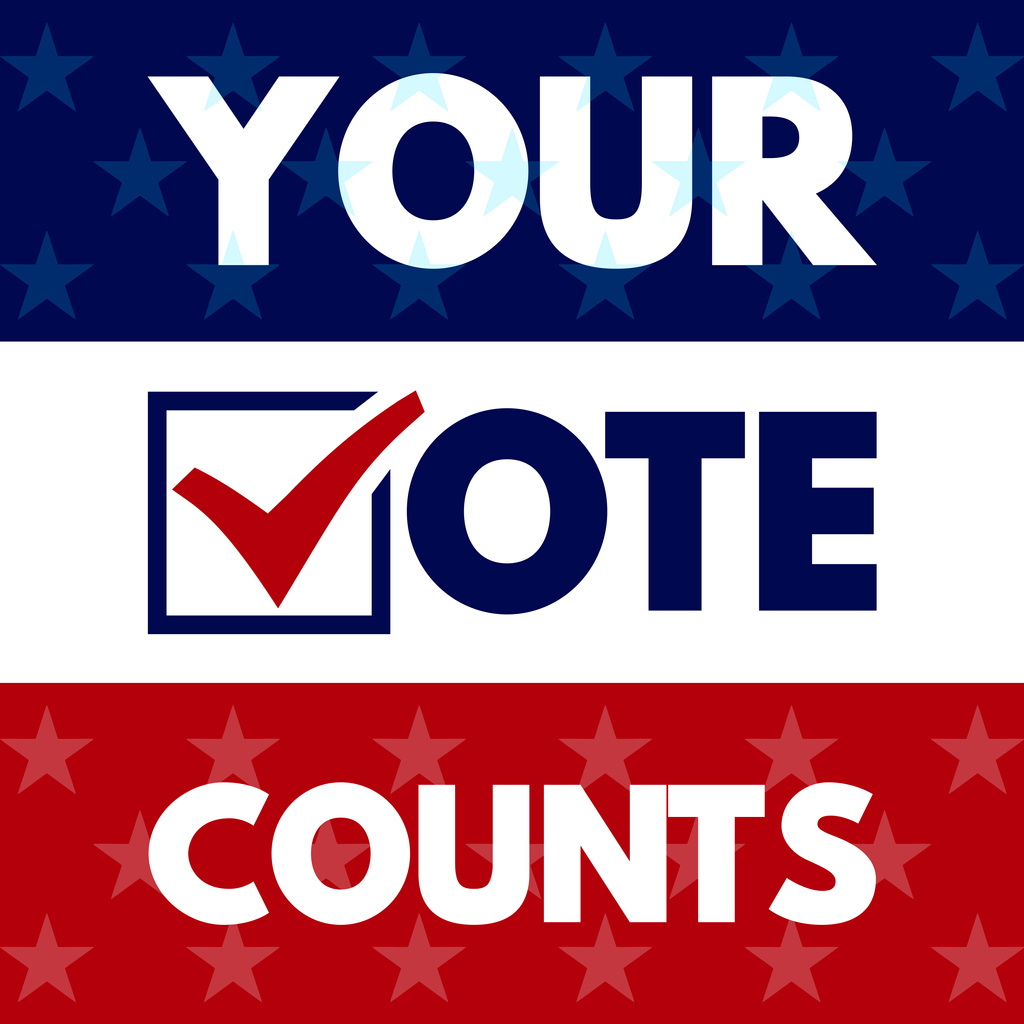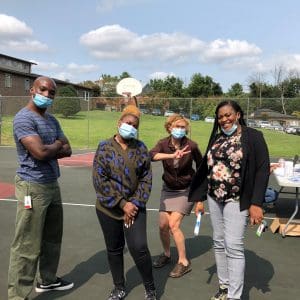Black History Month started in 1915, half a century after the Thirteenth Amendment abolished slavery in the United States. In September of 1915, the Harvard-trained historian Carter G. Woodson and the prominent minister Jesse E. Moorland founded the Association for the Study of Negro Life and History (ASNLH). This organization dedicated itself to researching and promoting achievements by Black Americans and other peoples of African descent. It created the beginnings of what we now know as Black History Month (BHM).
Black History Month allows everyone to share, celebrate, and understand the impact of black heritage and culture. Black History Month continues to inspire our BCC community and reminds us of the important core values of Empathy and Relationships.
In the past, present, and future, BCC pursues and walks in our purpose, carrying our core values. In 2020, to gain our footing in a tumultuous environment, we established the Equity, Diversity, and Inclusion committee. This committee has continued to meet monthly and is helping BCC navigate these challenging and unprecedented times. We are grateful for their guidance this month as they enrich our learning about Black History and nourishing our skills in empathy and relationships.
The great thing about Black History Month is that it’s for us all! Learning about the contributions of our Black brothers and sisters is essential. Learning about Black history is part of the Equity, Diversity, and Inclusion journey and helps us develop our core value of Empathy and nurtures the core value of Relationships. Please, reflect on where you are in your journey. Are you unaware, an ally, advocate, or activist? I ask this question as I reflect on where I am in my journey – how far I’ve come and how far I need to go yet. I also think about where BCC is on its EDI journey. One thing I know for sure. We have a long way to go. But we are moving in a promising direction. During Black History Month, consider how you might drive yourself to your next level:
- Achieve allyship through research and self-reflection.
- Educate yourself on the journey of black people in this country.
- Find books by black authors, listen in on podcasts, participate in a community service project that targets underserved communities.
- Push yourself to engage in reflective practices that allow you to see where you can serve as an ally.
It is only through educating yourself and action that you will develop a skill set to be an ally and gain an appreciation for the Black community that extends past Black History Month.
As we celebrate Black History Month this February, we are dedicated to illuminating and amplifying Black contributors’ work in mental and behavioral health. However, we will not stop there. Through 2021 and beyond, we are committed to highlighting our underrepresented mental and behavioral health professionals from diverse backgrounds, celebrating their important contributions to our field.
Learn more about the BCC’s commitment to embracing equity, diversity, and inclusion by reading the BCC Compass, our new blog, created to share our pursuit of an equitable, diverse, and inclusive environment at BCC.
A special THANK YOU to BCC’s staff members who identify as Black and/or African American.
Thank you for all that you do to contribute to our purpose of “enriching communities, one family at a time.” Choosing to be a mentor and part of the healing and recovery of the children and families we serve makes a difference that lasts and matters.
Laurie Anne Spagnola, MSW
President and CEO
Board of Child Care
Read more from BCC Celebrates Black History Month






